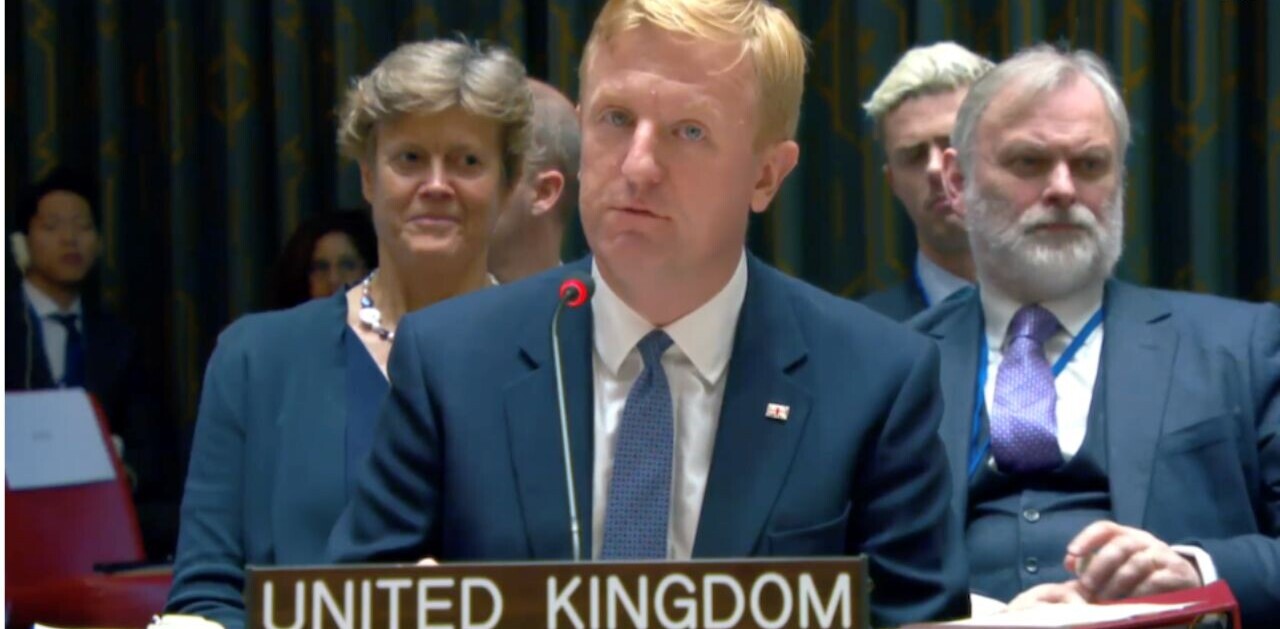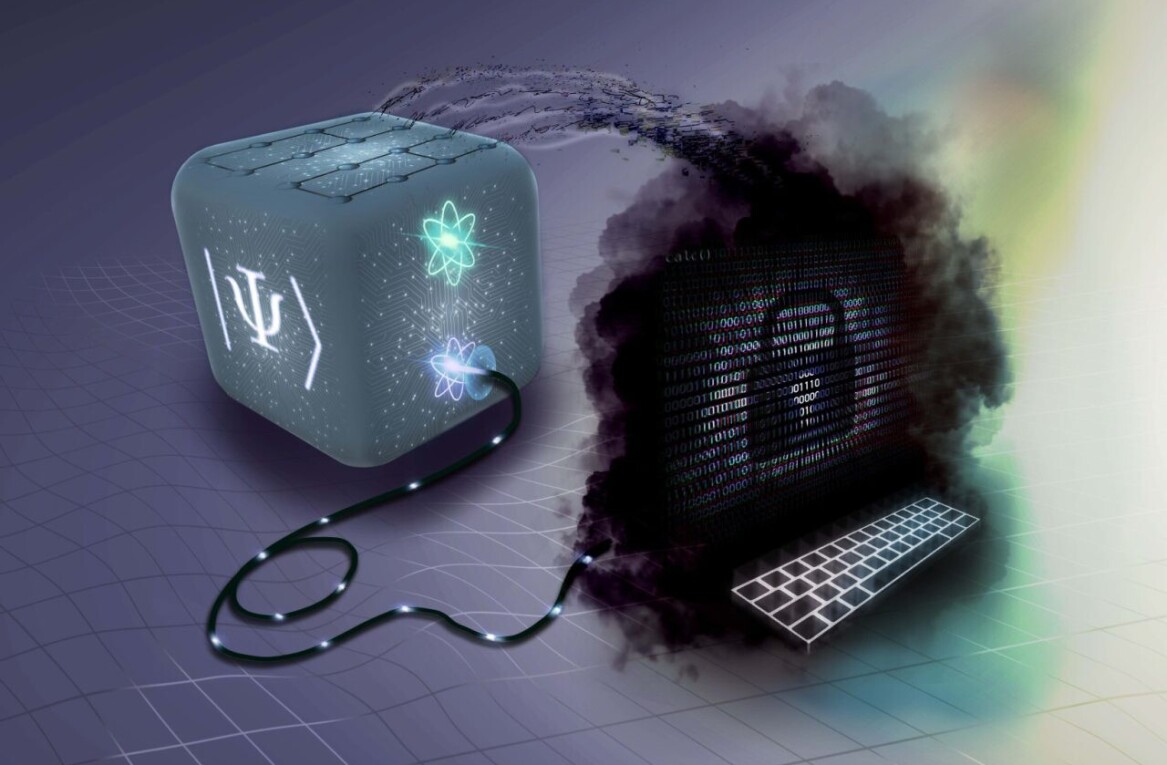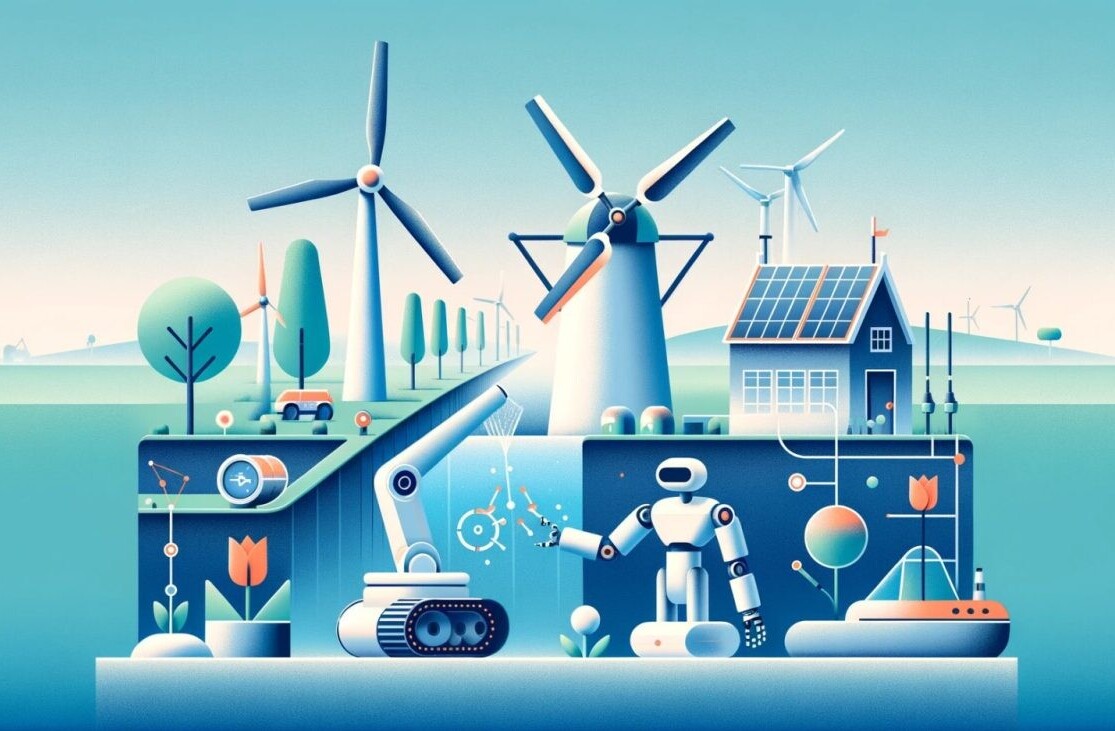
Q-day (the day when quantum computers will successfully actually break the internet) may be some time away yet. However, that does not mean that companies — and states — shouldn’t hop on the qubit bandwagon now so as not to be left behind in the race for a technology that could potentially alter how we think about life, the Universe, and well… everything.
Spurred on by a discourse that more and more revolves around the concept of “digital sovereignty,” 11 EU member states this week signed the European Declaration on Quantum Technologies.
The signatories have agreed to align, coordinate, engage, support, monitor, and all those other international collaboration verbs, on various parts of the budding quantum technology ecosystem. They include France, Belgium, Croatia, Greece, Finland, Slovakia, Slovenia, Czech Republic, Malta, Estonia, and Spain. However, the coalition is still missing some quantum frontrunners, such as the Netherlands, Ireland, and Germany, who reportedly opted out due to the short time frame.
Ultimate aim: to create a globally competitive quantum ecosystem
“Quantum computing, simulation, communication, and sensing and metrology, are all emerging fields of global strategic importance that will bring about a change of paradigm in technological capacities,” the declaration begins.
It further states that the bloc’s innovators and industry have not yet sufficiently mobilised to take full advantage of this potential as much as in other regions of the world. As such, it stresses the importance of building domestic R&D capacities for quantum technologies, as well as producing devices and systems based on them.
In addition, it needs to invest in the whole quantum stack — from hardware to software and applications and standards, so as to safeguard “strategic assets, interests, autonomy, and security.”
“The ultimate aim is to create a globally competitive ecosystem that can support a wide range of scientific and industrial applications, identify the industrial sectors where quantum technologies will have high economic and societal impact, and foster quantum innovation in small and large companies alike, from promising startups and scaleups to major industrial players — in short, to become the ‘quantum valley’ of the world,” the declaration reads.
Thierry Breton, whose time as Commissioner for the Internal Market has been marked by a big tech regulation crusade, has declared quantum one of his “favourite subjects.” We can expect to see even more of a push towards greater collaboration across the bloc, should he land the top job of Commission President next year.
Potentially, Breton could get more member states on board to coordinate on a more detailed bloc-wide quantum strategy. With quantum engineering talent notoriously difficult to come by, this could indeed be key to keeping Europe from getting left behind in yet another key technology race.
Get the TNW newsletter
Get the most important tech news in your inbox each week.




